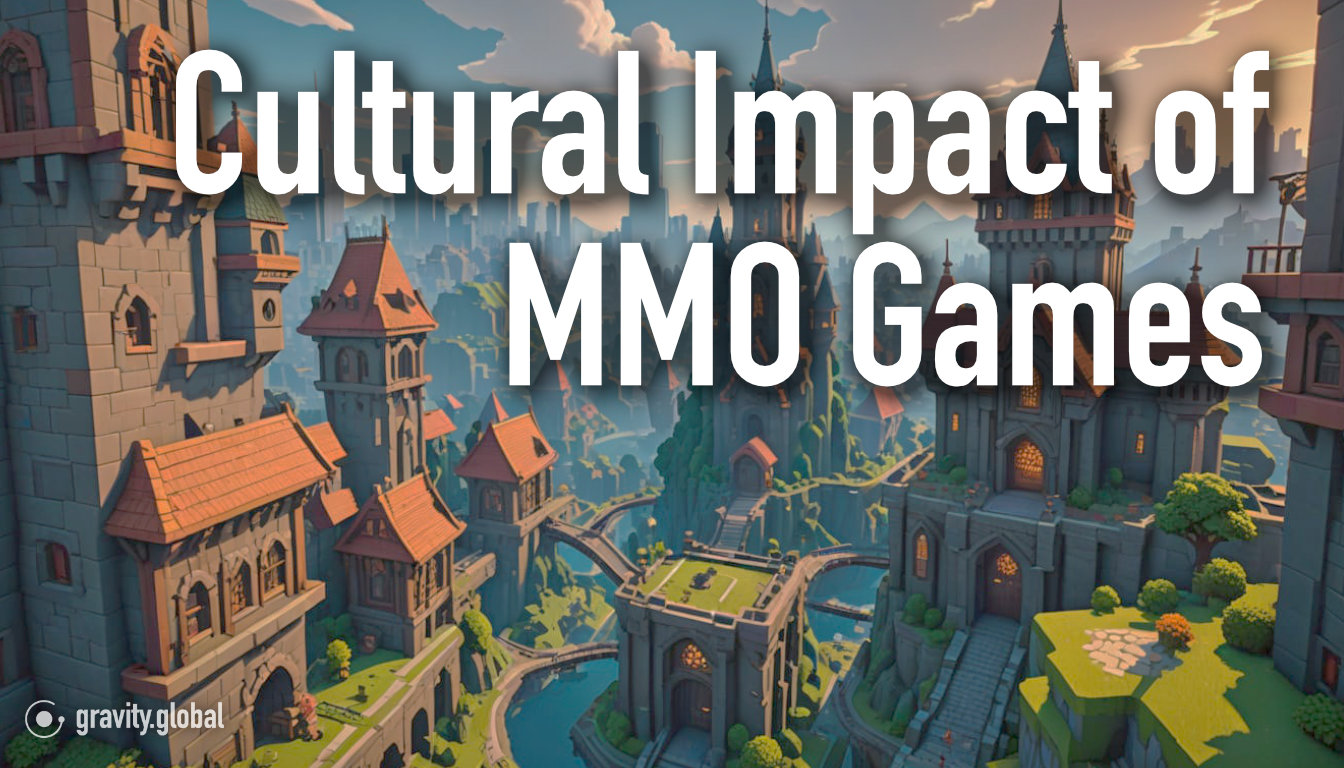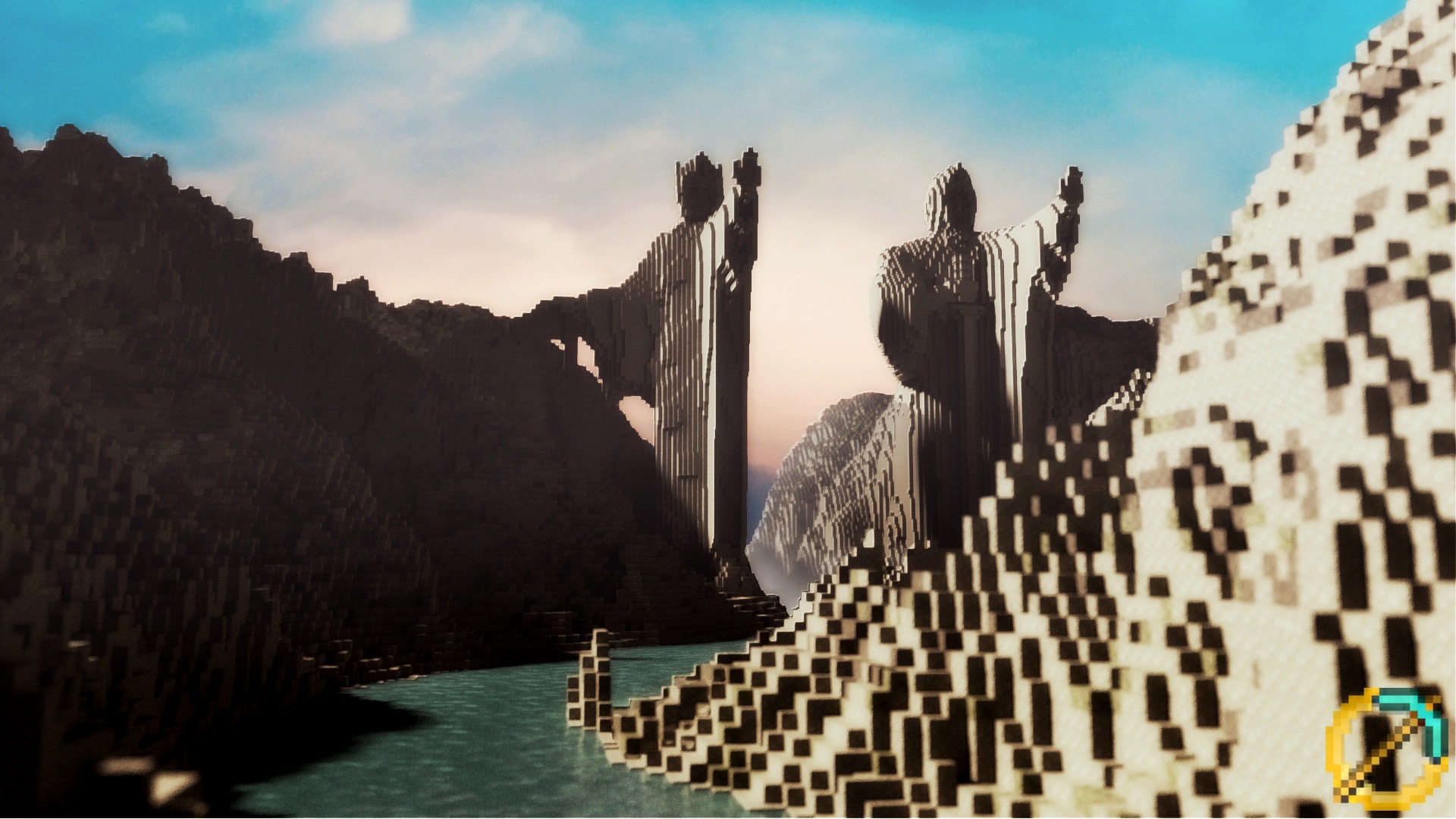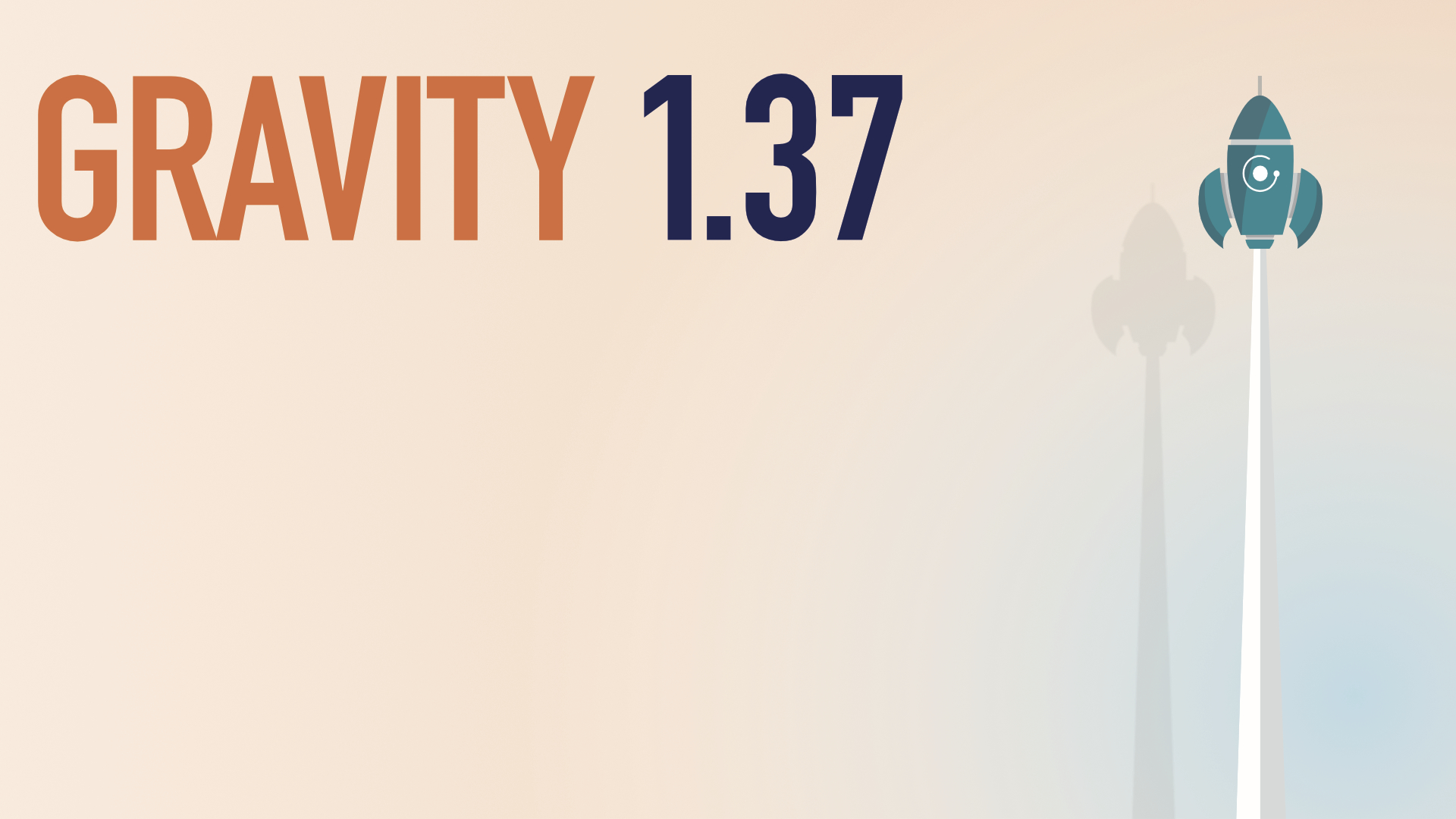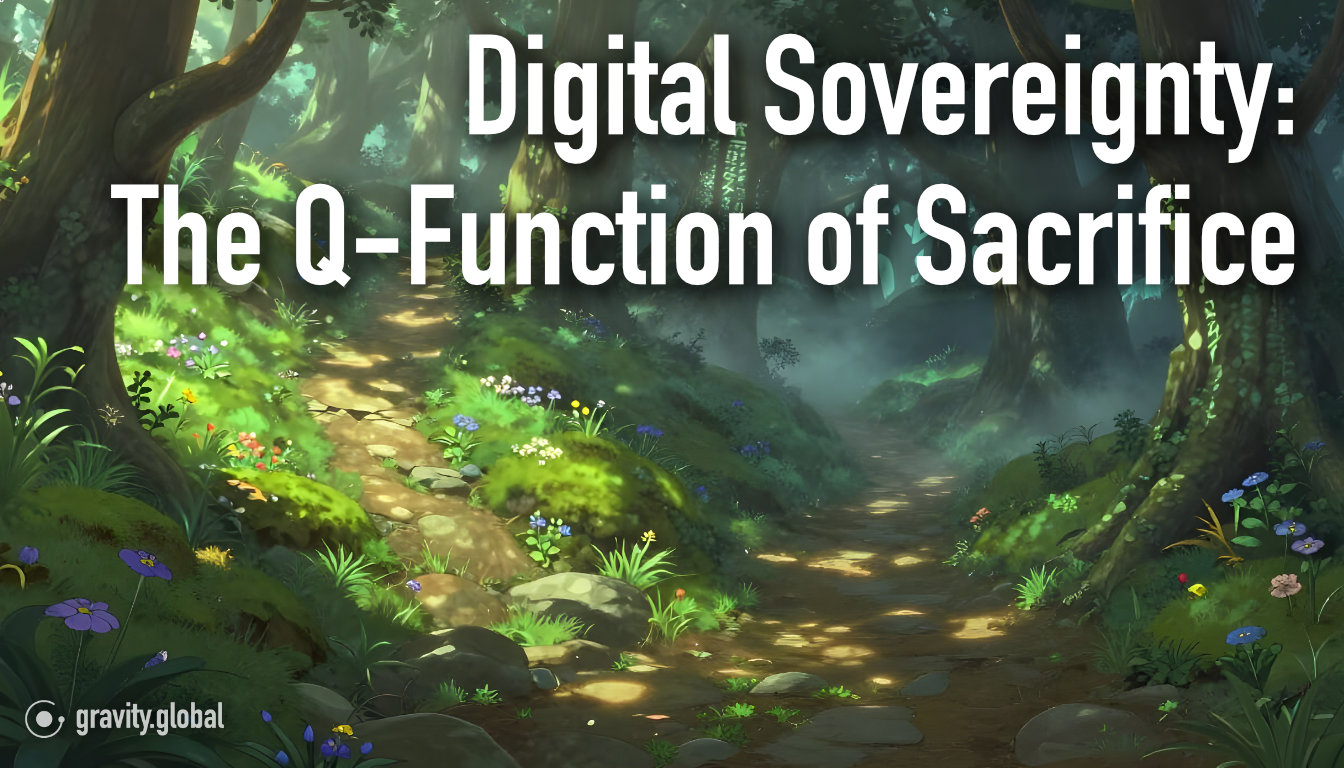Playground or Petri Dish? Culture & Science in Minecraft, GTA, and WoW
An examination of the cultural and scientific power of Minecraft, GTA, and WoW, functioning as social labs, economic systems, and digital third places.

Computer games are often considered a fleeting entertainment medium. A hit comes, is played and disappears on the shelf. But there are exceptions: Minecraft, Grand Theft Auto (GTA) and World of Warcraft (WoW). These titles have far exceeded the half-life of ordinary media. They are no longer mere products – they are digital living spaces, economic systems and sociological laboratories.
This blog post explains the cultural relevance of these "perennial favorites" and analyzes the insights science and research provide about our virtual coexistence.
The "Third Place": World of Warcraft as a Social Anchor
The sociologist Ray Oldenburg coined the term "Third Place" – places beyond home (First Place) and work (Second Place) where community is created (e.g. cafés, parks). For millions of people, Azeroth, a continent in the world of World of Warcraft, became that third place (Source: Oldenburg, Ray (1989): The Great Good Place).

The Science of the Guild
Researcher Constance Steinkuehler (University of California) has spent years studying learning behavior and social dynamics in MMOs (massively multiplayer online games). Their work shows that guild structures are often more complex than modern corporate hierarchies. Players learn "soft skills" such as leadership, conflict resolution and resource management.
From my own experience, I can say that anyone who has ever successfully coordinated WOW raids with 20 to 30 players has skills that are worth their weight in gold in their professional lives. Because this is not just about game mechanics, but about real leadership skills. The logistics of organizing remote teams, setting goals and managing virtual values requires a high degree of social intelligence, strategic thinking and assertiveness. The best managers I know have exactly this experience – because only those who exemplify fairness, transparency and commitment can lead successful groups in the long term, whether in the game or in the office. The next time their offspring leads a raid, they may unconsciously train their leadership skills of tomorrow.
In the paper "Them's Fightin' Words", the authors Gubler, Joshua, Kalmoe, Nathan and Wood, David argue that the complex vocabulary and statistical analysis that players do for "raids" even constitute a form of scientific competence.
"Where Everybody Knows Your Name": MMOs as Third Places
But how do you measure that scientifically in a game? Constance Steinkuehler and Dmitri Williams did just that (Source: Where Everybody Knows Your (Screen) Name: Online Games as "Third Places").
The two analyzed chat logs and social interactions in MMOs to prove that these games have taken on the function of cafes or pubs ("Cheers").
Bridging vs. Bonding: They found that games are excellent for "bridging social capital" (loose connections to many different people worldwide), but surprisingly can also create "bonding social capital" (deep emotional bonds) that often "spill over" into the real world (guild meetings, weddings).
The difference to social media: In contrast to Instagram or Facebook, where you often only "present" yourself, you put something together in games. Solving a problem together (e.g. a boss fight in WoW or a heist in GTA) welds together more strongly than a "like".
The Corrupted Blood Incident: Epidemiology in World of Warcraft
A fascinating example of the scientific relevance of WoW is the "Corrupted Blood" incident from 2005. A programming error allowed a virtual virus (Hakkar's Corrupted Blood) to escape from a raid to the open cities. Millions of players were affected.
The digital virus: Scientific impact: Epidemiologists such as Nina Fefferman and Eric Lofgren published an article on this topic in the renowned journal The Lancet Infectious Diseases (The untapped potential of virtual game worlds to shed light on real world epidemics). They used player behavior (panic, quarantine violations, altruistic healing) to improve models for real-world pandemics. The authors argue that games can serve as low-cost, ethically sound petri dishes for behavioral research in pandemics.
What made this incident so valuable to science was the human factor, which computer models often cannot predict.
- Teleportation as air traffic: Players teleported to other cities and spread the virus (analogous to international flights).
- Curiosity: Low-level players ran into infected areas to "have a look", became infected and died immediately – a behavior that mirrors journalists in war or epidemic zones.
- The "stupid factor" problem: The researchers found that real people often behave irrationally (ignoring warnings), which epidemiological models had hardly taken into account until then.
Virtual Currencies, Real Inflation
Another aspect that keeps these games alive for decades is the economy. The economist Edward Castronova is a luminary in the field of virtual economies. In his book "Synthetic Worlds" he described early on that trading in games like WoW or Second Life (and today GTA Online) follows real economic laws.
- Inflation: In MMOs, there is often hyperinflation, as monsters "print" (drop) an infinite amount of gold.
- Labour Value: "Gold farming" has become a real industry in many developing countries, which blurs the boundaries between play and work (Playbor) blurs.
Long before Bitcoin became mainstream, Edward Castronova studied the currency "Norrath" in the game EverQuest (a precursor to WoW). His findings can be transferred directly to the "Shark Cards" in GTA Online or the auction house in WoW.
Castronova calculated the gross national product per capita in these virtual worlds and found that it was higher than that of many real countries (e.g. Bulgaria at the time).
- Avatar as human capital: He showed that the time players invest ("grinding") creates real economic value.
- Gresham's Law in the game: Bad currency displaces good currency. In many games, the infinite "printing" of money (through monster loot) leads to hyperinflation if there are no mechanisms that pull money out of the market ("gold sinks" such as expensive mounts or repair costs).
(Source: Virtual Worlds: A First-Hand Account of Market and Society on the Cyberian Frontier)
Minecraft: The Democratization of Creativity
If WoW is the social meeting place, then Minecraft is the digital studio. It is the ultimate example of what media scholar Henry Jenkins calls "participatory culture."

Minecraft & Cognition: Gaming makes you smart (under certain circumstances)
There are many studies on Minecraft, but one of the most interesting directions is the study of "computational literacy". It's not just about being "creative" in Minecraft. It's about players (often children) learning to debug complex systems.
Renate Anderson and Mikkel Rustad combined Social Network Analysis (SNA) with Interaction Analysis (IA) as a research method to investigate the use of Minecraft to learn subject-specific skills. Their studies showed that Minecraft as an educational tool for supporting collaboration as a 21st century skill promotes collaborative learning as an educational tool in mathematics lessons (source: Using Minecraft as an educational tool for supporting collaboration as a 21st century skill).
A vivid example is how children deal with redstone circuits in Minecraft: Here they intuitively apply the scientific method – they develop hypotheses, test them, analyze the results and adapt their solutions accordingly. This playful process naturally promotes logical thinking and experimental learning.
In addition, the use of Minecraft in the classroom enables the development of key skills of the 21st century, such as collaborative problem-solving and the creative and technical implementation of ideas. Particularly remarkable is how Minecraft communities collectively collect and share knowledge – a principle of crowdsourcing that is now one of the key competencies in a digitized world.
Grand Theft Auto: Satire and Hyperreality
GTA V (and its online mode) is a special case. It is a brutal, exaggerated satire of the American dream. But due to the longevity of GTA Online, it has turned into a kind of capitalism simulator.
Baudrillard and the simulation
One could argue that GTA is a simulation in the sense of Jean Baudrillard's Simulacra and Simulation . It is a copy of reality that seems more real to many than the original. This is particularly evident in the roleplay scene.

The GTA Roleplay phenomenon
On servers like NoPixel , thousands of people do not play "missions", but simulate everyday life: they work as garbage men, police officers or lawyers.
The performance of the self: This is where Erving Goffman's sociological "theory of reality" comes into play in everyday life: We all play theatre. In GTA Roleplay, this social mask is made explicit. Players spend hours waiting at a red light in a virtual world – an absurd but culturally significant behavior that shows how much we search for structured social norms, even in digital chaos.




Embrace the digital adoption platform of tomorrow - GRAVITY



The Digital Adoption Updates You Can't Miss - Subscribe Now!
Join Our Monthly Author Call – Stay Ahead of the Curve with the Latest Trends!



Conclusion: Digital cultural heritage sites
Games like Minecraft, GTA, and WoW are no longer just software. They are institutions. They have influenced our language (terms like "NPC" or "loot" are youth language), changed our way of learning and serve science as a model for human behavior.
They are, in the words of game theorist Jesper Juul , "half-real": the dragons and cars are fictional, but the friendships, anger, economic transactions and cultural identity that emerge there are absolutely real.






